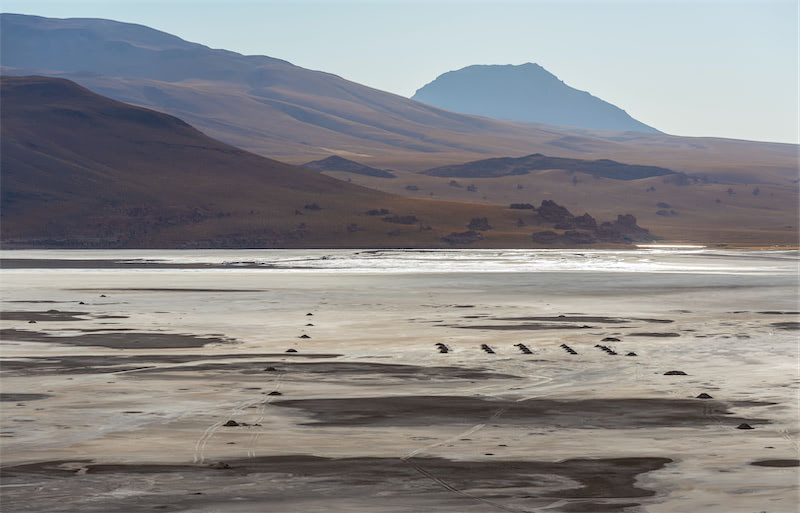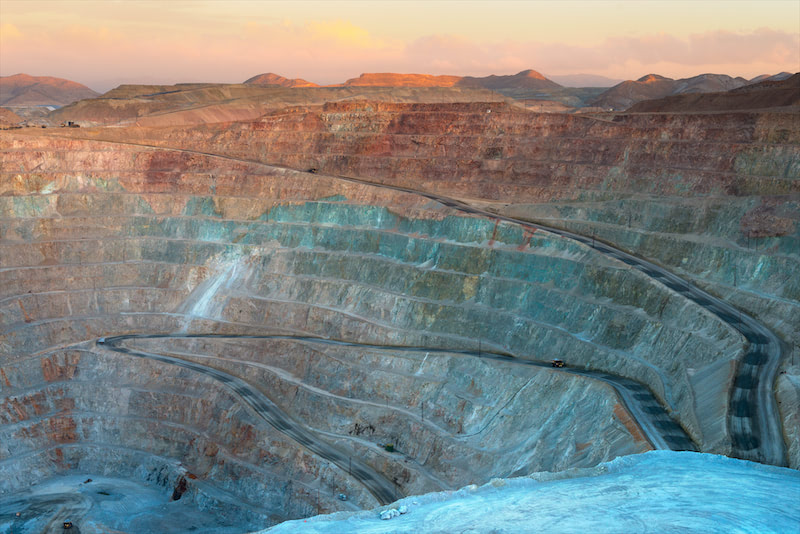The governments of Vale and the state of Para held celebrations today to celebrate the construction of the first commercially operated Tecnored plant in the city of Malaba in the southeastern state of Para, Brazil. The innovative technology Tecnored can help the steel industry decarbonize by using biomass instead of metallurgical coal to produce green pig iron, reducing carbon emissions by up to 100 per cent. Pig iron can be used to produce steel.

The annual production capacity of green pig iron in the new plant will initially reach 250000 tons and is likely to reach 500000 tons in the future. The plant is scheduled to start production in 2025 with an estimated investment of about 1.6 billion reais.
The construction of Tecnored's commercially operated plant is an important step in the transformation of the mining industry, which will help the process chain become more and more sustainable. The Tecnored project is of special significance to Vale and the region where the project is located. It will enhance regional competitiveness and help the region achieve sustainable development. " Mr. Eduardo Bartolomeo, chief executive of Vale, said.
The Tecnored commercial plant is located on the site of the Caracas pig iron plant in Malaba's industrial zone. According to project progress and engineering research, 2000 jobs are expected to be created during the construction phase during the project peak and possibly during the operational phase.
About Tecnored Technology
Tecnored furnace is much smaller than traditional blast furnace, and it can use a wide range of raw materials, from iron ore powder, steelmaking slag to dam sludge.
In terms of fuel, Tenored furnaces can use carbonized biomass such as bagasse and eucalyptus. Tecnored technology makes raw fuels into briquettes (small compact blocks), which are then put into furnaces to produce green pig iron. Tecnored furnaces can also use metallurgical coal as fuel. As Tecnored technology is used for large-scale operations for the first time, the new plant will use fossil fuels at the initial stage of operation in order to assess operating performance.
"We will gradually use carbonized biomass instead of coal until we reach the goal of 100% biomass use." Tecnored CEO Mr. Leonardo Caputo (Leonardo Caputo) said. The flexibility in fuel selection has reduced Tecnored's operating costs by up to 15 per cent compared with conventional blast furnaces.
Tecnored technology, which took 35 years to develop, eliminates the coking and sintering links in the early stage of iron and steel production, both of which emit a large amount of greenhouse gases.
Since the use of Tecnored furnaces does not require coking and sintering, investment in new steel mills can save up to 15 per cent. In addition, the Tecnored plant is self-sufficient in terms of energy efficiency, and all gases produced during the smelting process are reused, some of which are used for cogeneration. Not only that, the solid waste slag produced in the pig iron smelting process can also be used as a by-product by the cement industry as raw materials.
Vale currently has a demonstration plant with an annual production capacity of 75000 tons in Pindamonigaba, Sao Paulo, Brazil, where the company conducts technological development and tests its technical and economic feasibility.
"scope three" emission reduction
The commercial operation of the Tecnored plant in Malaba reflects Vale's efforts to provide technical solutions to steel mill customers to help them achieve decarbonization in the production process.
In 2020, Vale announced a 15% reduction in net emissions from "scope 3" by 2035, of which up to 25% will be achieved through a portfolio of high-quality products and innovative technology solutions, including smelting green pig iron. Emissions from the steel industry currently account for 94 per cent of Vale's "scope III" emissions.
Vale also announced another emission reduction target to achieve direct and indirect ("scope one" and "scope two") net zero emissions by 2050, for which the company will invest between US $4 billion and US $6 billion, and increase the area of restored and protected forests by 500000 hectares in Brazil. Vale has been operating in Para for more than 40 years and has been supporting the Chico Mendes Biodiversity Conservation Institute (ICMBio) to protect the six major protected areas in the Caracas region, known as the Caracas Mosaic, which cover a total of 800000 hectares of Amazon forest, which is five times the size of Sao Paulo and about the size of Wuhan in China.



